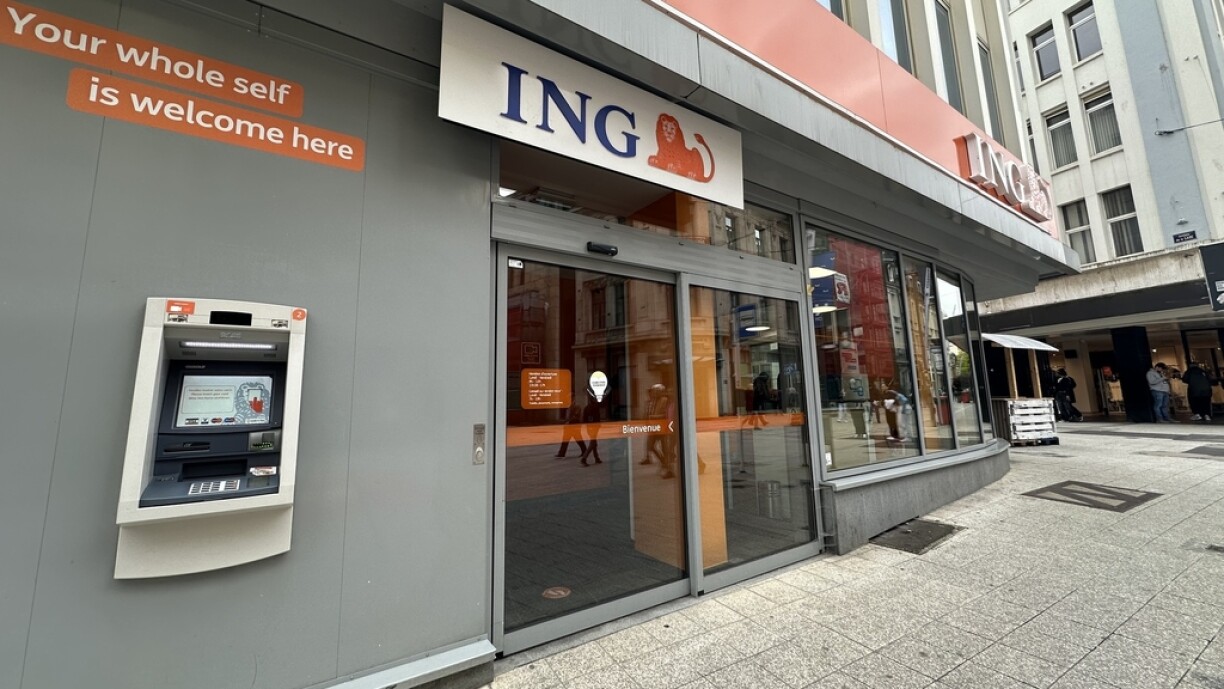
As of now, the bank is in the process of informing all concerned individuals, a process that is not over. In terms of communication, the issue was heavily underestimated it seems.
Many clients are upset over the closure of their accounts. In a written letter, the bank states that measures have been put into place to support affected clients and to advise them on next steps. You can find more details in the official letter.
Credit services and investment portfolios will continue to be served by the bank. In the future, ING in Luxembourg will focus on bigger clients and private banking. It is important to note that the bank has been active in in the country since 1960.
In this instance, the bank is relying on their ‘terms and conditions’ to justify their actions. Section B, Part 9 of these terms states that both the bank and the client reserve the right to terminate their business relationship at any time. According to these terms, if the client closes the account, a notice period of one month applies, while if the bank initiates the closure, a two-month notice period is required. However, exceptions exist, such as when the client no longer holds any liquid assets, although this does not apply in this case.
The bank has clarified that while these terms and conditions exist, they will not strictly enforce them. Instead, they have opted for a more flexible approach to ensure that clients have sufficient time to make necessary arrangements, particularly when transitioning to another bank.
The accounts are settled by reconciling debit and credit expenses. For instance, if an individual has €1,000 in their account but has a pending credit card charge of €800, the €800 will be subtracted from the €1,000 balance, leaving the client with €200. In cases where the credit card charge or other expenses exceed the current account balance, the client is responsible for repaying the difference.
For instance, let’s consider the transfer of salaries or pensions from one account to another. In addition, standing orders and direct debit payments will need to be updated accordingly. This may include payments for rent, bills, electricity, or municipality fees. Other relevant parties must also be contacted and informed about the situation. For example, your municipality should be notified of the new bank account details to update records. This includes providing the name of the new bank, the account number, and the effective date of the change. Similarly, insurance companies, utility providers like Enovos, and other services that require direct debits or regular payments should be informed of the updates. The process involves ensuring that all necessary parties are aware of and accommodate the changes.
There are already significant demands underway. The Managing Director of the ABBL Banking Association explained, “we have actively begun bringing ING and the other banks that operate in the retail sector in the country to the table. This is to ensure the clients’ best interest, and to see how we can more easily transfer files or open new accounts.”
However, navigating through this process is not straightforward. Discussions are still ongoing among the other five major retail banks regarding the possibility of recruiting additional staff to manage the increased demand. Clients will undergo a minimum level of scrutiny during this process. Additionally, there may be delays in receiving new ATM and credit cards by mail. Clients may also need to reset their passwords and perform other necessary, related tasks.
Gilles Roth, the Minister of Finance, took to social media to share that he personally engaged with the CEO of ING Luxembourg. In his communication, the Minister emphasised the importance of “clear communication” and the expectation for an “appropriate solution” to be provided for the affected clients.
However, there are limitations to the extent of intervention the Minister can undertake. It’s worth noting that when Members of Parliament inquire about banks and companies where the state holds shares and often a position on the board of directors, the standard response is that the government refrains from interfering in day-to-day operations. Given that the state does not hold a share in ING, this principle may be even more applicable. Nevertheless, a degree of governmental pressure could potentially encourage positive action.
While the affected clients represent a considerable number, they may not be deemed as a significant source of income for the bank. Nonetheless, meeting their demands entails a substantial amount of administrative work.
ING’s current strategic focus appears to lean towards individuals who invest substantial sums, particularly in private banking, alongside catering to large institutional clients involved in international trade and pension funds, among others with high transaction volumes.
As for the implications for ING staff, the situation remains uncertain. Understandably, there is a sense of unease among employees and unions as they await further developments.
Everyone in Luxembourg is entitled to access basic banking services or a basic bank account. However, traditional retail banking services, which encompass standard offerings like current and savings accounts, along with debit and credit cards for private clients, are no longer considered sufficiently profitable for ING.
Read also: ING Luxembourg halts retail banking for private individuals